Peace & Stability Journal, Volume 5, Issue 3
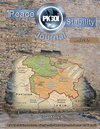
This issue of the Peace & Stability Journal features articles on the topics of Security Sector Reform, Regionally Aligned Forces, and sustainable energy in UN PKO.



This issue of the Peace & Stability Journal features articles on the topics of Security Sector Reform, Regionally Aligned Forces, and sustainable energy in UN PKO.
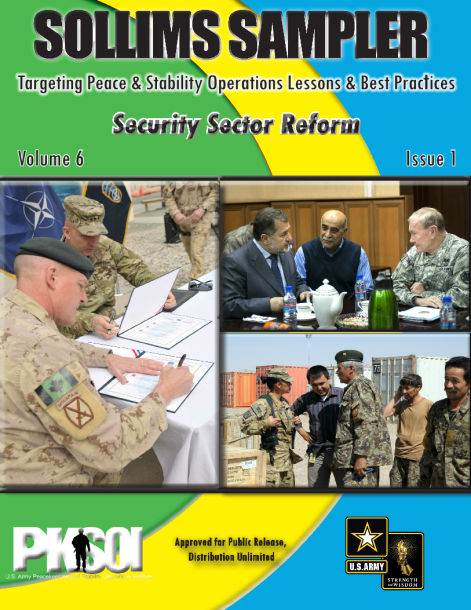
This publications presents lessons from several recent SSR endeavors – including Burundi, Liberia, Afghanistan, the Philippines, Timor-Leste, and Chile. It also includes discussions on the integration of SSR into peace agreements, and the incorporation of Disarmament, Demobilization, and Reintegration (DDR) within an SSR strategy.
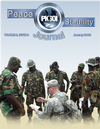

This issue of the Peace & Stability Journal features articles on the topics of building peacekeeping training and education centers in Africa, Eastern African Stadby Forces, and comments on the Special Inspector General for Afghanistan Reconstruction (SIGAR) report.
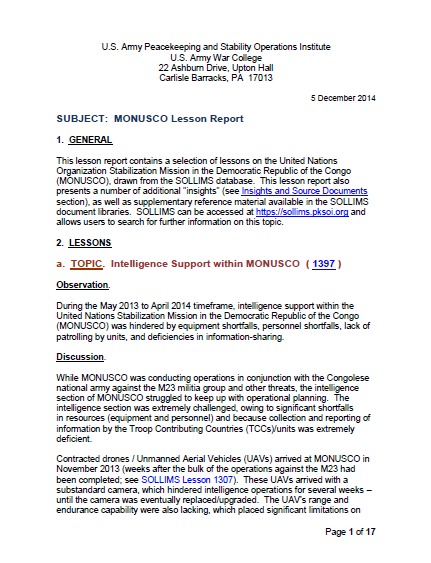
During the May 2013 to April 2014 timeframe, intelligence support within the United Nations Stabilization Mission in the Democratic Republic of the Congo (MONUSCO) was hindered by equipment shortfalls, personnel shortfalls, lack of patrolling by units, and deficiencies in information-sharing.
This MONUSCO Lesson Report contains a selection of lessons on the United Nations Organization Stabilization Mission in the Democratic Republic of the Congo (MONUSCO), drawn from the SOLLIMS database.
To read this lesson click on the link below or to download this lesson click on the Download button below.
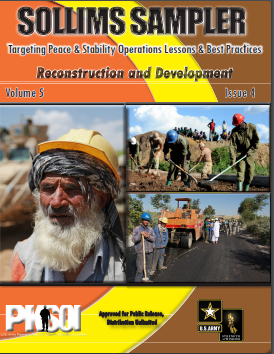
The complexities of Reconstruction and Development – finding ways to immediately engage local groups in reconstruction efforts; establishing priorities for infrastructure development (power, roads, ports, telecommunications, schools, hospitals/clinics, etc.); generating employment / providing jobs for the unemployed and the underemployed; determining feasibility of public works programs; rehabilitating the agricultural sector; developing an effective civil service; partnering with host nation organizations/officials; conducting economic assessments; identifying and prioritizing projects, businesses, and economic activities along with associated resourcing; soliciting participation from the private sector and multinational corporations; and so on – have challenged civilian and military leaders, planners, and practitioners over the course of recent operations in Iraq, Afghanistan, and many other countries and regions. This report provides eight lessons from the SOLLIMS database that highlight the importance of discussing, dissecting, and analyzing these difficult issues of Reconstruction and Development – and the greater need for crafting.
To read this Sampler please click on the link below or to download click on the button below.
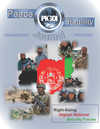

This issue of the Peace and Stability Journal features articles on the topics of, Afghan National Security Forces, Women, Peace and Security in Africa, Civil-Military Cooperation, and water security in Senegal.
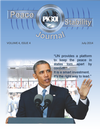

This issue of the Peace & Stability Journal features articles on the topics of alliance operations in Kosovo, global animal health engagement, planning a local procurement strategy in developing countries, UN Peacekeeping, and the Peace and Stability Operations Training and Education Workshop (PSOTEW).
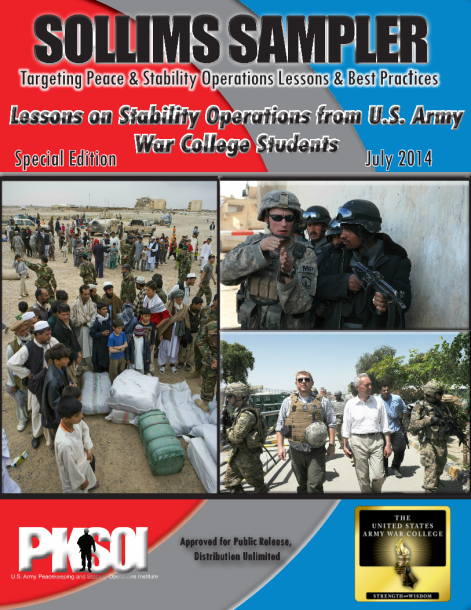
This Special Edition – Lessons on Stability Operations from U.S. Army War College Students (2014) compendium provides a number of lessons learned submitted by U.S. Army War College students while attending elective courses on stability operations. These lessons cover the following topics: improving local governance in Iraq; early reconstruction and security issues in Iraq; interagency teaming in southern Afghanistan; management/control over the Commander’s Emergency Response Program (CERP); integration opportunities between the U.S. Army Veterinary Corps and USAID; requirements for Training & Education on stability operations; development challenges in northern Mexico; and, a planning tool/strategy for development and capacity-building.
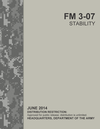
FM 3-07 Stability Operations contributes to the Army and joint community by providing tactical guidance on the conduct of
operations focused on stability. FM 3-07 addresses employment of forces in the conduct of operations focused on stability. FM 3-07 expounds on the doctrinal fundamentals and concepts established in ADRP 3-0 and ADRP 3-07. Readers should be familiar with ADRP 3-07, which establishes the doctrinal fundamentals for the conduct of operations focused on stability.
To view or download the document please click on the link below.


This issue of the Peace & Stability Journal features articles on the topics of the Afghan drug war, the civil-military culture gap in humanitarian assistance operations, weaponizing peace, and partnerships in peacekeeping operations.